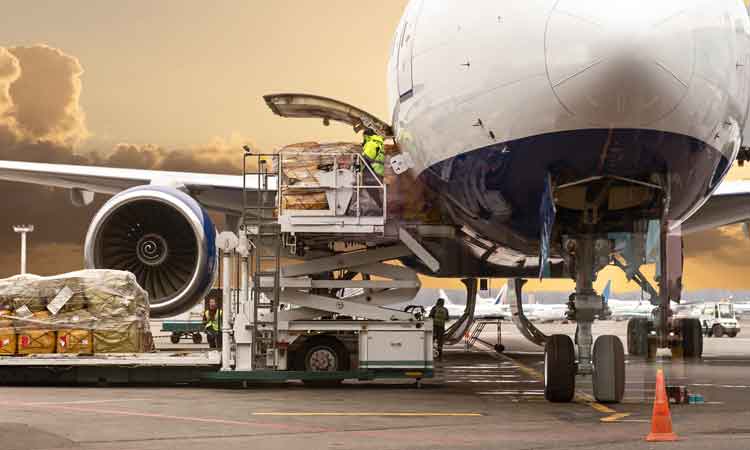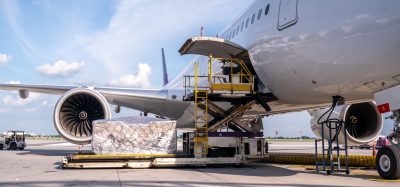Demand for air cargo lessening says IATA
- Like
- Digg
- Del
- Tumblr
- VKontakte
- Buffer
- Love This
- Odnoklassniki
- Meneame
- Blogger
- Amazon
- Yahoo Mail
- Gmail
- AOL
- Newsvine
- HackerNews
- Evernote
- MySpace
- Mail.ru
- Viadeo
- Line
- Comments
- Yummly
- SMS
- Viber
- Telegram
- Subscribe
- Skype
- Facebook Messenger
- Kakao
- LiveJournal
- Yammer
- Edgar
- Fintel
- Mix
- Instapaper
- Copy Link
Posted: 12 January 2023 | Sarah Wills (International Airport Review) | No comments yet
“Air cargo performance softened in November, the traditional peak season… but market signals are mixed,” according to IATA’s Director General, Willie Walsh.


The International Air Transport Association (IATA) has released data for November 2022 global air cargo markets showing that demand softened as economic headwinds persist.
Global demand, measured in cargo tonne-kilometres (CTKs*), fell 13.7% compared to November 2021 (-14.2% for international operations). Capacity (measured in available cargo tonne-kilometres, ACTK) was 1.9% below November 2021. This was the second year-on-year contraction following the first last month (in October) since April 2022. International cargo capacity decreased 0.1% compared to November 2021.
Compared to pre-COVID-19 levels (November 2019), there was a smaller contraction in overall demand (-10.1%), while capacity was down 8.8%.
In consideration of these statistics, several factors in the operating environment should be noted:
- Global new export orders, a leading indicator of cargo demand, were stable in October. For major economies, new export orders are shrinking except in Germany, the U.S., and South Korea, where they grew
- Global goods trade expanded by 3.3% in October. Given the softening in air cargo demand, this suggests that maritime cargo was the primary beneficiary
- The U.S. dollar has appreciated sharply, adding cost pressure as many costs are denominated in U.S. dollars. This includes jet fuel, which is already at elevated levels
- The Consumer Price Index for G7 countries decreased from 7.8% in October to 7.4% in November, the largest month-on-month decline in 2022. Inflation in producer (input) prices reduced to 12.7% in November, its lowest level so far in 2022.
“Air cargo performance softened in November, the traditional peak season. Resilience in the face of economic uncertainties is demonstrated with demand being relatively stable on a month-to-month basis. But market signals are mixed,” commented Willie Walsh, Director General, IATA.
“November presented several indicators with upside potential: oil prices stabilised, inflation slowed and there was a slight expansion in goods traded globally. But shrinking export orders globally and China’s rising COVID cases are cause for careful monitoring.”


















